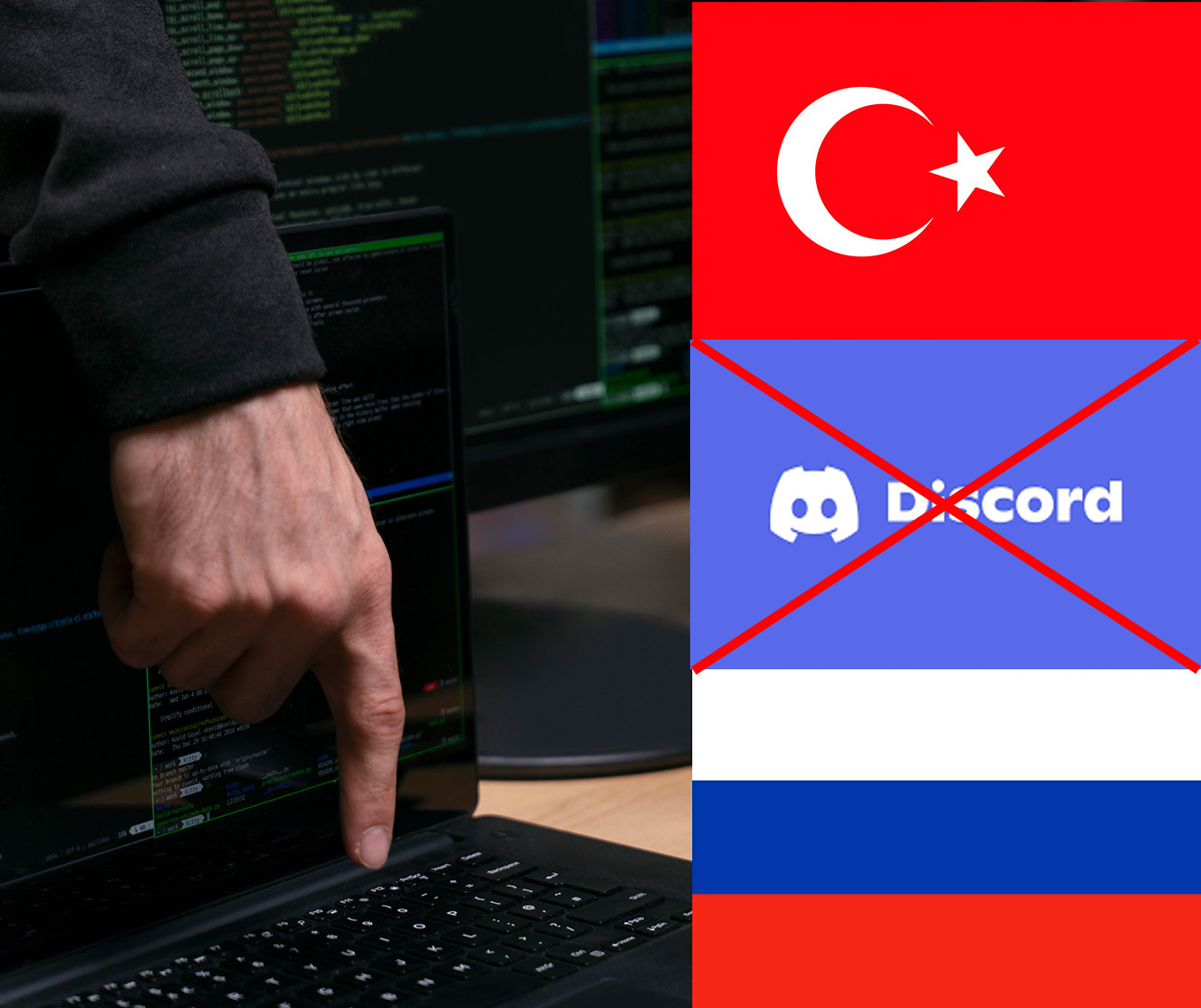
29 Oct Current Situation: Discord Banned in Russia and Turkey, and DDoS Attacks on TeamSpeak
Discord Blocked in Russia and Turkey
Discord, a popular platform for gaming communities and communication, has been blocked in Russia and Turkey. The Russian government cited national security concerns and issues related to the platform’s non-compliance with laws on content regulation. Russia’s Roskomnadzor, the federal communications watchdog, accused Discord of facilitating illegal activities, such as cybercrime and the spread of extremist content, and criticized the platform for refusing cooperation with Russian authorities. This ban aligns with Russia’s increased efforts to control online platforms and block access to services that do not meet their regulatory demands.
Similarly, Turkey blocked Discord, alleging the platform was being used for spreading illegal content and coordinating protests. Turkish authorities referred to concerns about child pornography and activities threatening national security as reasons for the block. Access to Discord is now only possible via VPNs in both countries, though Russia’s crackdown on VPN services limits users’ ability to bypass the ban effectively.
These restrictions reflect broader efforts by both countries to control digital spaces and limit platforms that provide users with encrypted communication or allow unregulated discussions.
TeamSpeak Facing DDoS Attacks
While Discord users grapple with bans, TeamSpeak—another voice communication service widely used by gaming communities—has been under persistent DDoS (Distributed Denial-of-Service) attacks. These attacks flood servers with fake traffic, making them unavailable to legitimate users or significantly slowing down service.
The attacks on TeamSpeak are common among gaming communities, where they are often used to target specific servers during competitive events. Such disruptions affect not only the communities relying on the service but also server operators, who must implement costly DDoS mitigation measures through tools like Cloudflare or dedicated anti-DDoS solutions. However, even with protections in place, sustained DDoS attacks can overwhelm smaller server operators, forcing them offline intermittently.
We at North Industries apologize for the disruption this has caused our users. Over the past few months, we have worked tirelessly to mitigate these attacks, including switching servers and hosting providers three times. We are committed to providing a stable and secure service and are actively exploring further anti-DDoS measures, including the use of advanced firewalls and cloud-based mitigation tools.
Conclusion
The ban on Discord and the DDoS attacks on TeamSpeak highlight the increasing difficulties faced by online communication platforms. Geopolitical pressures and cybersecurity risks are becoming significant challenges for operators and users alike. As Russia and Turkey tighten their control over digital spaces, users must find creative ways to stay connected, often resorting to VPNs or alternative platforms. Simultaneously, community-driven services like TeamSpeak remain vulnerable to cyberattacks, which can disrupt even well-protected infrastructure.
For more details on the ban, see the Reuters report or explore further discussions about the topic on tech forums and social media.


No Comments